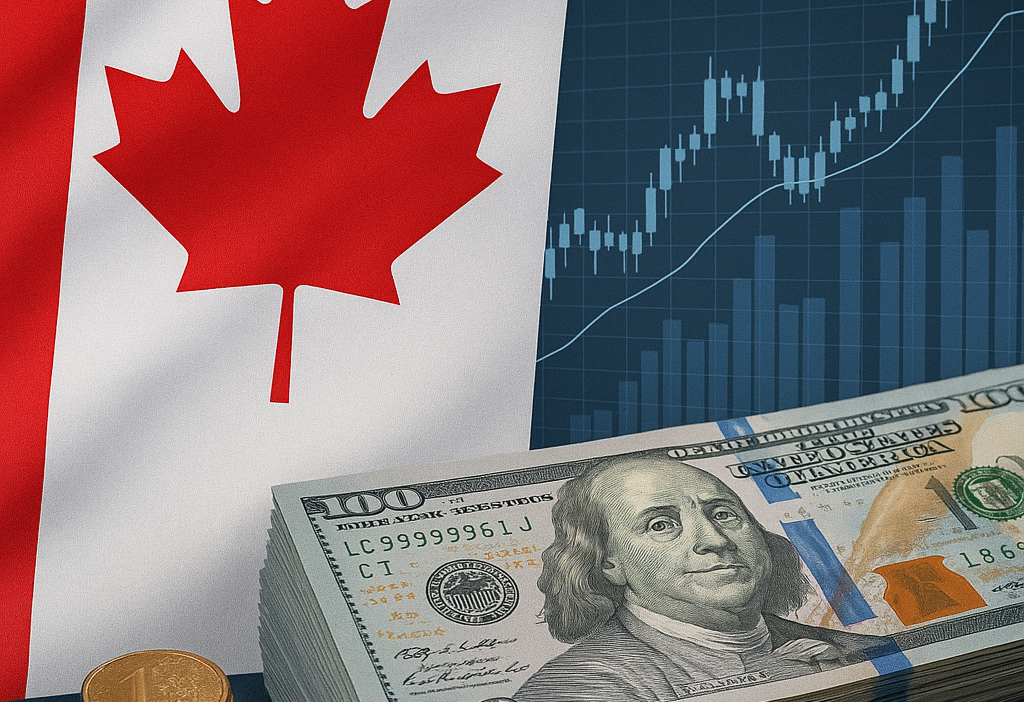Canada has abruptly shelved its proposed 3% digital services tax just hours before implementation, handing U.S. tech giants such as Google, Amazon, and Meta a multibillion-dollar reprieve and restarting stalled trade negotiations with Washington.
The tax was set to retroactively apply from 2022, targeting revenue earned in Canada by large foreign digital companies. Ottawa had forecast revenue of C$3.4 billion over five years, while the Parliamentary Budget Officer projected C$7.2 billion between 2023 and 2027. Now, that income stream has vanished.
Pressure from the United States was unrelenting. Tech lobbyists warned of compliance chaos and retaliatory duties. The Computer & Communications Industry Association (CCIA) estimated U.S. firms could face costs of up to US$2.3 billion annually if the policy went ahead. The Biden administration made it clear that punitive trade measures were likely.
Sources confirmed the decision followed pre-G7 talks where U.S. negotiators flagged the tax as a red line. Canadian Prime Minister Mark Carney called the retreat “a pragmatic step in the interest of advancing a modern economic partnership.” A joint Canada–U.S. statement said trade talks would resume immediately, with a new framework targeted by 21 July.
Not everyone is convinced. Nobel Prize-winning economist Joseph Stiglitz told The Guardian, “This isn’t diplomacy, it’s surrender. Democratically elected governments must have the power to tax and regulate global firms operating within their borders.” Canadian digital rights groups echoed this view, warning the move undermines sovereignty and shifts the burden to smaller domestic platforms.
The proposed tax was part of a broader global effort to address the mismatch between where digital firms operate and where they pay tax. France, India, and the UK have already introduced similar levies. Canada’s reversal could weaken that international push, emboldening U.S. resistance to digital taxation.
Trade negotiators now face a packed agenda. Washington is pushing for reduced Canadian barriers on dairy imports, looser rules on steel tariffs, and greater access for U.S. cloud service providers, areas that have long stalled progress on digital integration and cross-border data flows.
The CCIA described Canada’s move as a “victory for fair and open digital trade.” But while U.S. firms may celebrate now, Ottawa has not announced an alternative digital tax framework, leaving a significant policy gap.
With no new domestic plan in place, attention turns to the OECD. Its push for a global digital tax agreement is already under strain. Canada’s decision may accelerate pressure for consensus, but it also raises fresh doubts about whether smaller economies can enforce equitable tax policies without risking trade blowback.
Canada has won short-term goodwill. Whether it can still chart a sovereign path in regulating Big Tech remains to be seen.






[…] When Techsoma Canada reported last month on Ottawa’s decision to drop its three percent Digital Services Tax under U.S. pressure, the focus was on the multibillion-dollar relief it handed to big tech and the diplomatic strain it aimed to ease (read the original story). […]